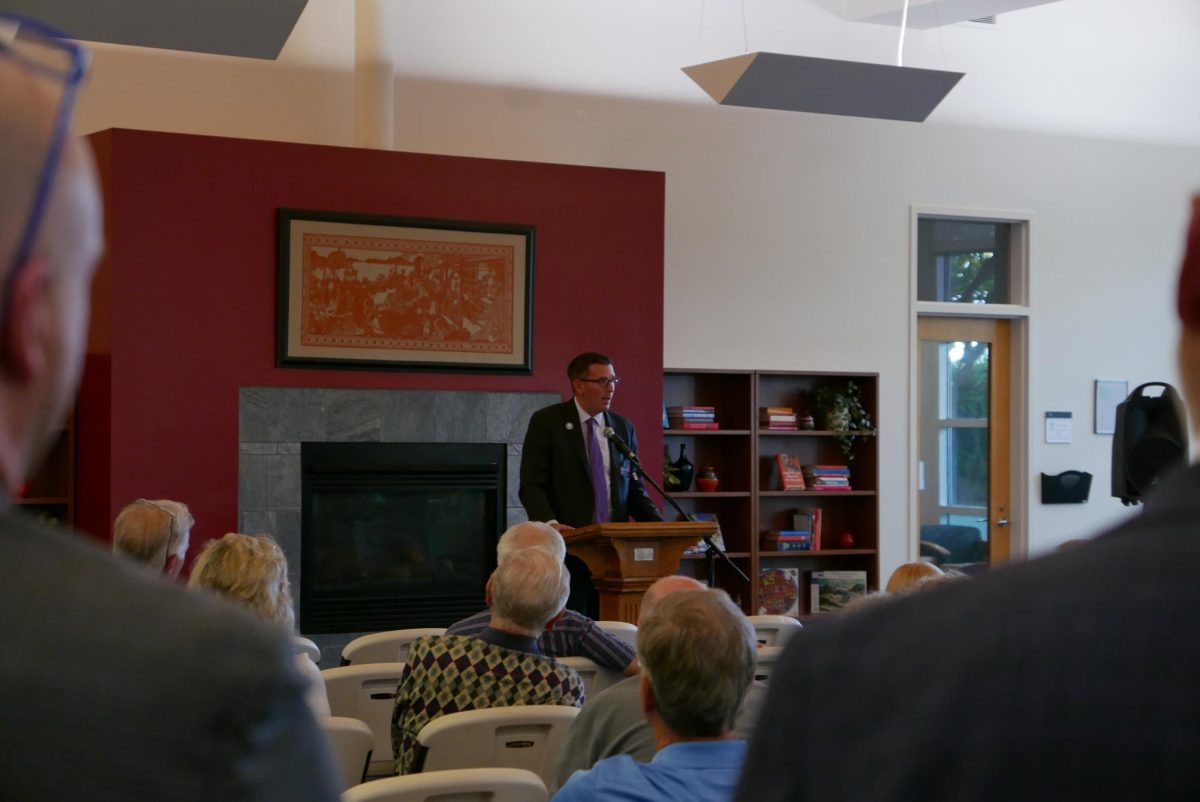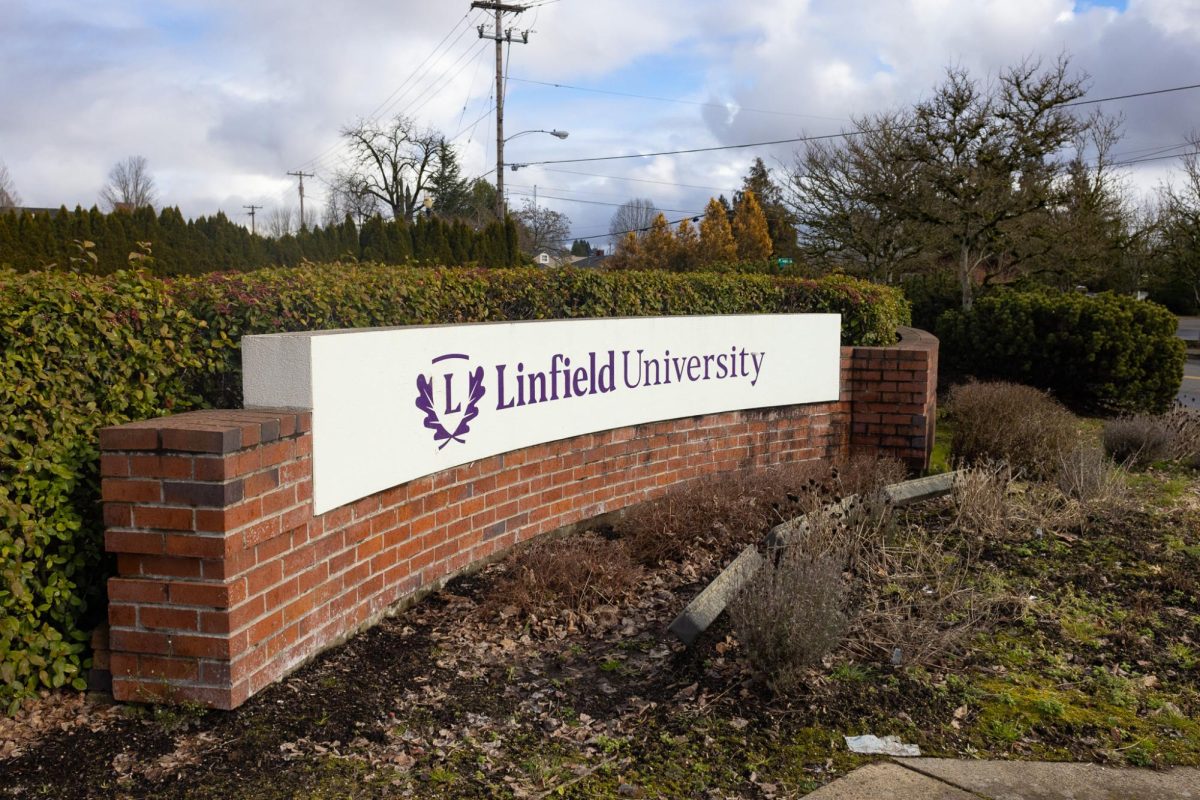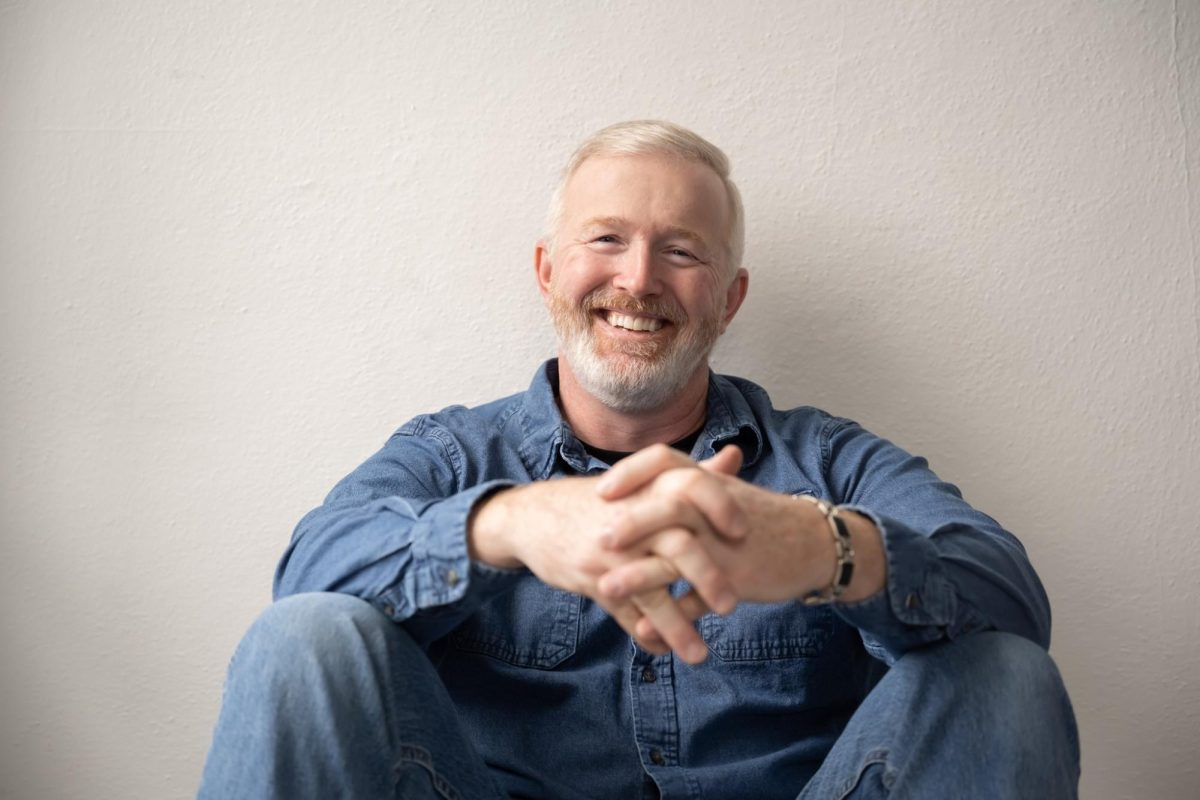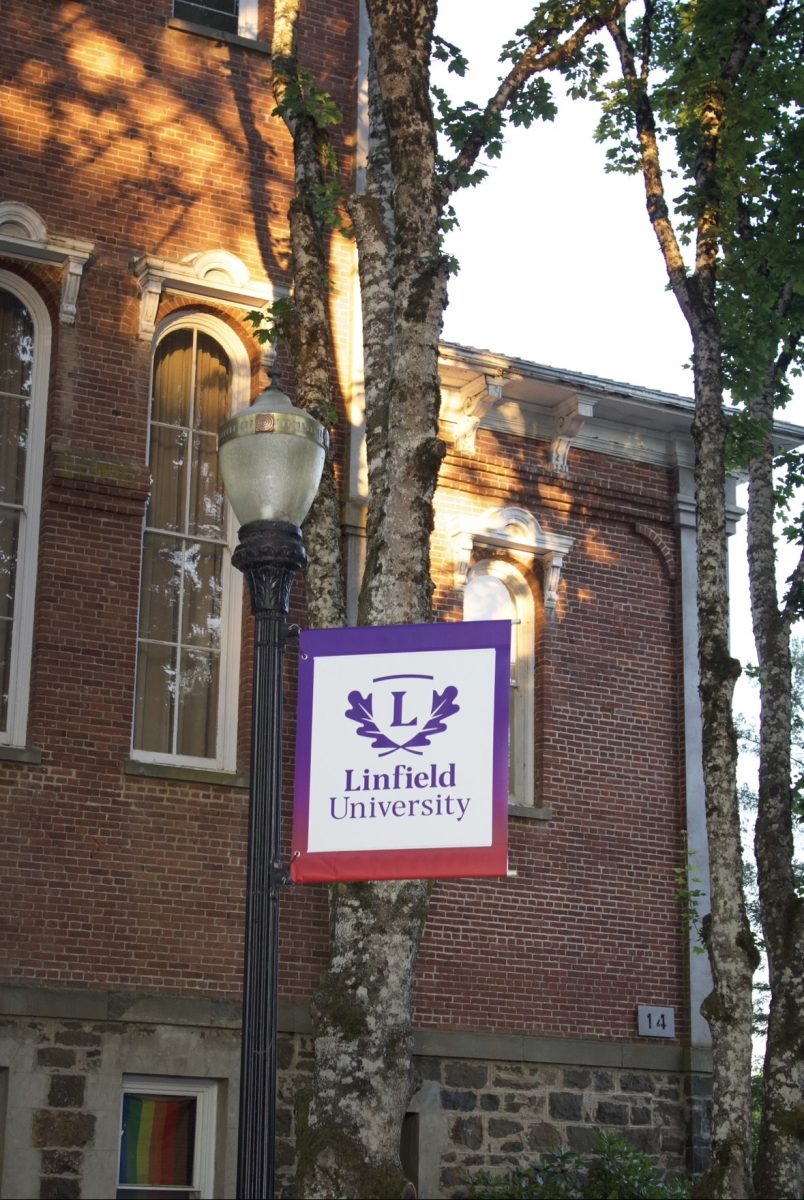Coming out, or telling your friends and family that you are not heterosexual, was a monumental experience in the life of six students who shared their stories with a Linfield audience Oct. 10.
Members of the FUSION gay-straight alliance group on campus hosted two events this week celebrating national coming out week. The first event included a panel of six Linfield students who shared their experiences with being gay, lesbian, bi- or pan-sexual, or growing up with lesbian parents.
The panel was an effort by FUSION to bring more awareness of campus to the issue of student sexuality and how understanding and support is the first step in bringing change. In August, the Oregon Says I Do campaign collected 42,000 signatures to support a ballot that would allow Oregon to become the last state on the West Coast to allow same-sex marriage after Washington and California.
This is the first coming out panel to ever happen on campus and was made up of six current Linfield students. An audience of 30 listened to the panelists describe their own unique experience with accepting their role in the lesbian, gay, bi-sexual and transgender (LGBT) community.
The differences in each story sometimes make it difficult for every member to relate to each other. Misconceptions about the LGBT community frequently can effect the way a person chooses to address their participation.
“I always assumed that my peers thought I was gay because of my two moms,” said junior Peggy Barrett. “I knew I wasn’t though, because I had grown up with lesbian parents and that helped me see that I clearly wasn’t a lesbian.”
Another complication when coming out is trying to find the right definition of individual sexuality. In a culture focused on the labeling people, there are often stigmas attached to different definitions.
“It’s just a phase is something I heard a lot,” said junior Shauna Koester when telling people she identifies as a bi-sexual. “I’ve also heard that bi-sexuals are just greedy, that they need to pick a side.”
Bi-sexuality has long been used to describe people who are attracted to both sexes. There is, however, a new definition of sexuality that seeks not to label people as either male or female called pan-sexual. Pan-sexuals are attracted to the person and don’t see gender as a factor of attraction.
The Linfield panelists each addressed how their background effected how and when they decided to come out.
“I moved out because I didn’t feel comfortable in my house,” said senior Elizabeth Guzman Arroyo, who comes from a Catholic and Hispanic background. “When I eventually came out to my mother her only concern was that I felt safe and knew that I could come home whenever I wanted to. Family is big in the Hispanic community.”
This event was one of two hosted by FUSION, aligning with its goal to bring awareness to the LGBT community at Linfield.
Olivia Marovich / News editor
Olivia Marovich can be reached at [email protected].
Erin Heltsley/Freelance photographer
Junior Jeremy Odden (left) and senior Elizabeth Guzman Arroyo share their experiences coming out on Oct. 10 in the Pioneer Reading Room. The panel featured six Linfield students, who shared their experiences with the LGBT community. It was hosted by the FUSION gay-straight alliance club.






